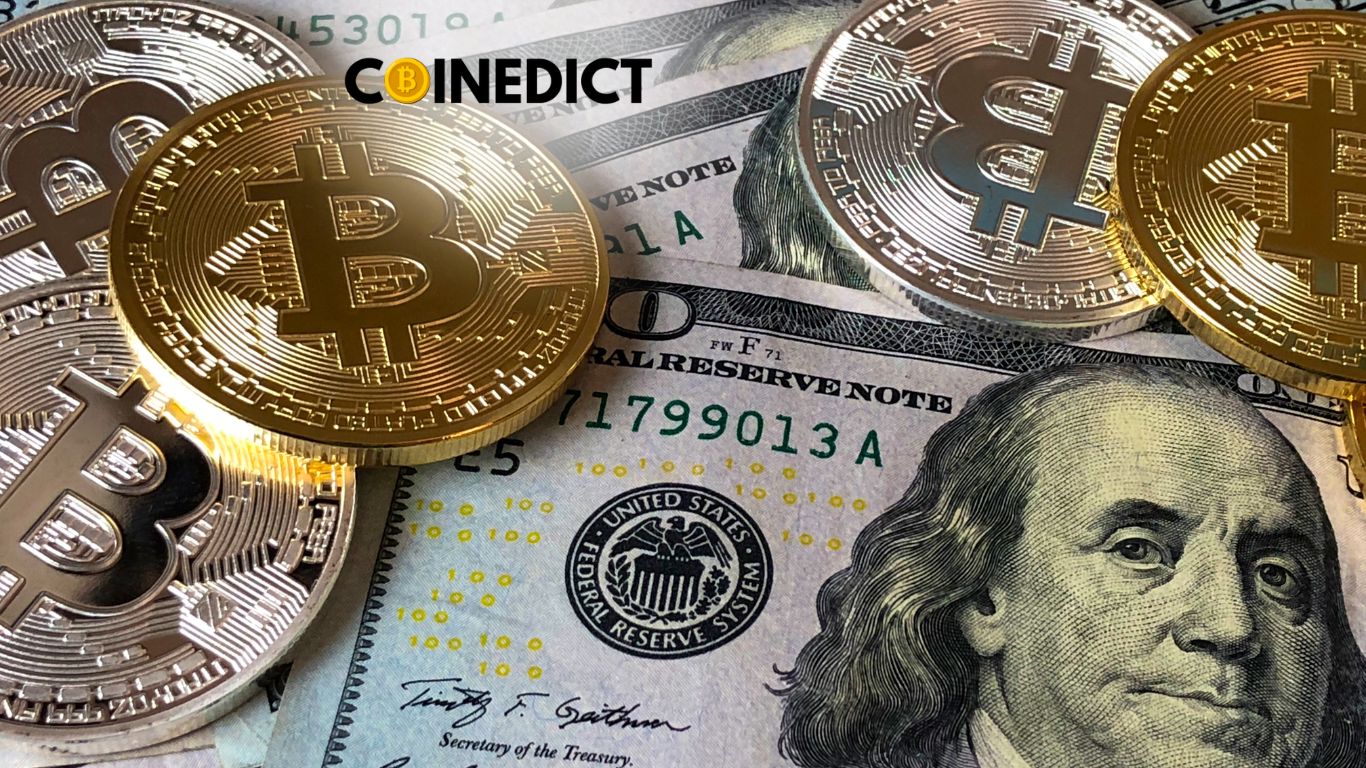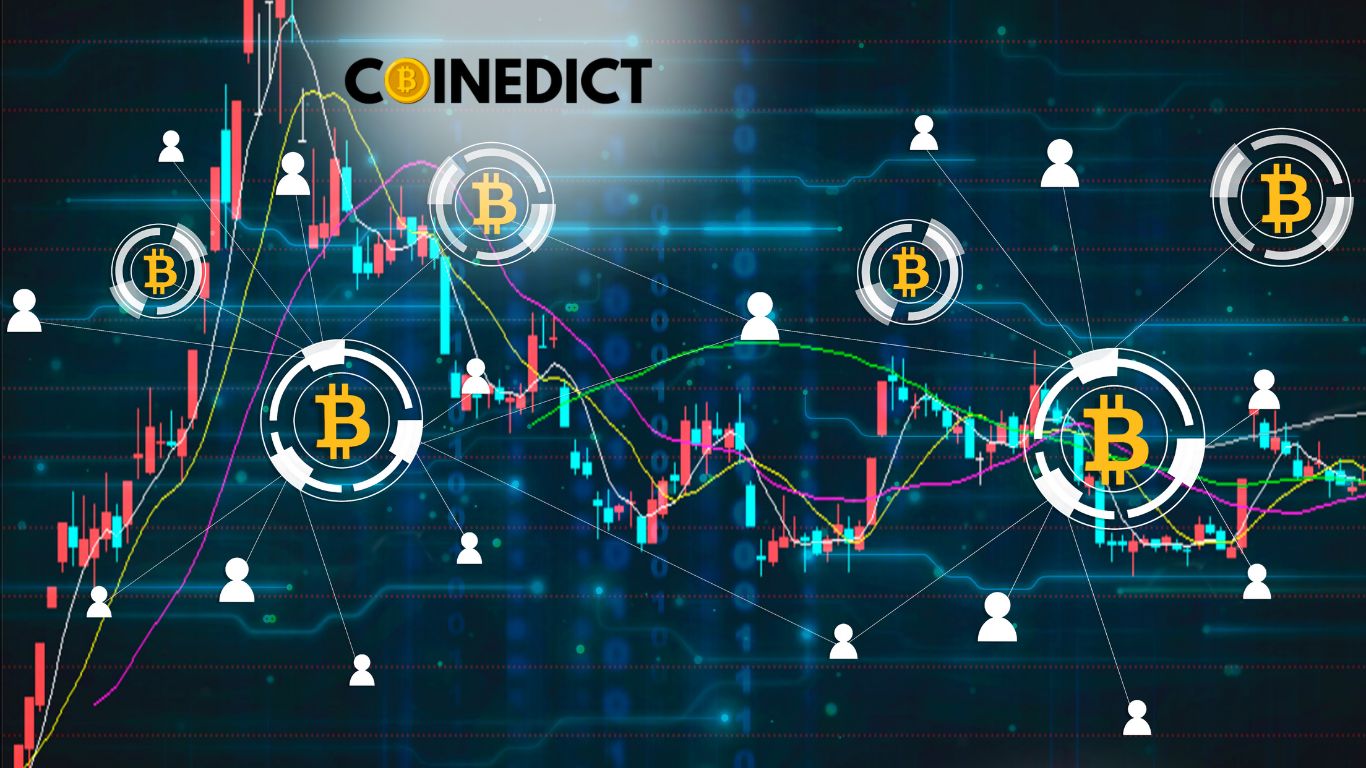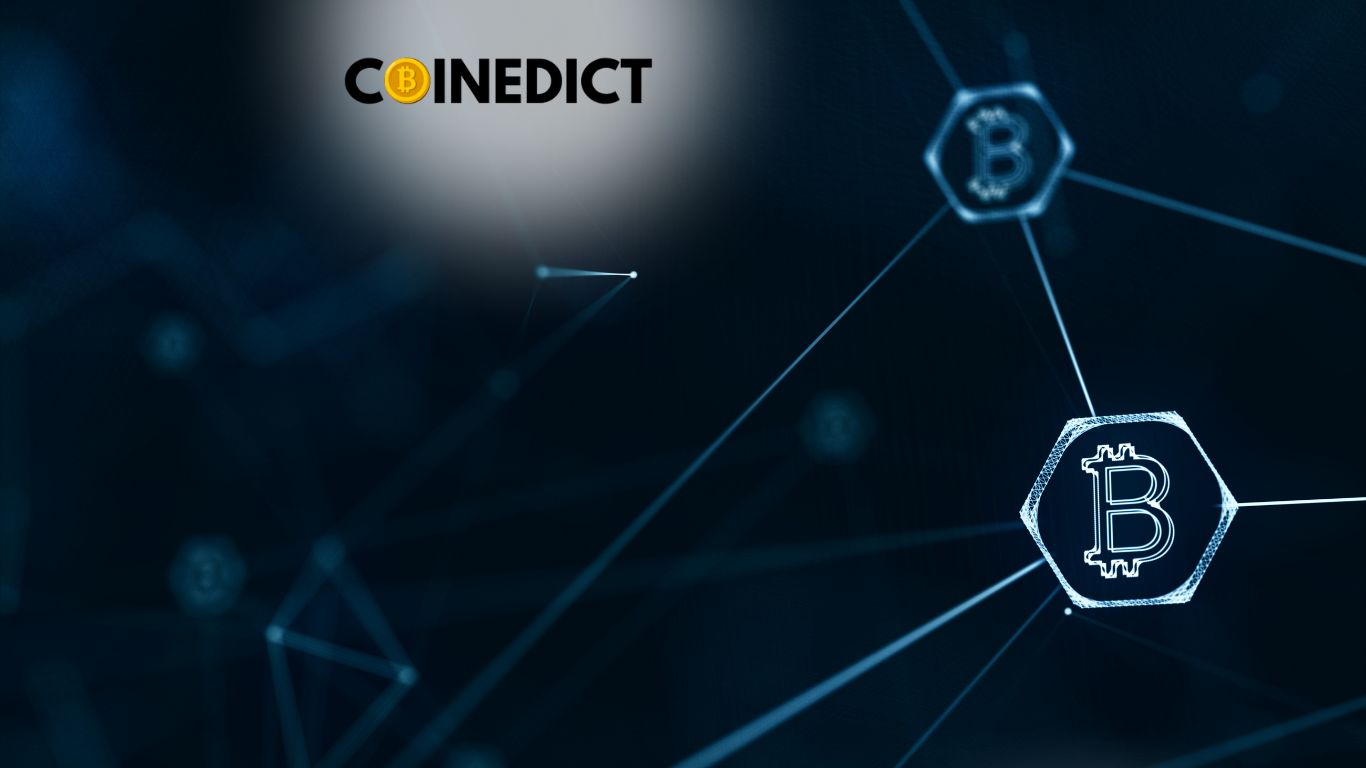A major step in global crypto policy discussions unfolded as White House crypto czar David Sacks met with Sheikh Tahnoon Bin Zayed Al Nahyan on March 20. The two leaders discussed the disruptive impact of artificial intelligence (AI) and digital currencies, hinting at potential shifts in global financial strategy.
Strengthening U.S.-UAE Crypto Relations
David Sacks, who plays a key role in shaping U.S. blockchain and cryptocurrency policies, called the meeting “an honor” in a post on X (formerly Twitter). Sheikh Tahnoon, a top figure in the UAE’s national security and financial strategy, provided more insight into the discussion, stating:
“I explored with David Sacks the transformative effects of artificial intelligence across various sectors, the expanding role of digital currencies in reshaping financial systems, and the investment opportunities emerging at their convergence.”
This meeting marks a growing trend of international cooperation in navigating the complexities of AI, crypto adoption, and digital finance regulations.
A Global Push for Crypto and AI Strategy
Sheikh Tahnoon emphasized the importance of alliances in managing the rapid evolution of technology. He stated:
“As technological advancements accelerate, fostering collaboration and adopting forward-looking strategies remain essential pillars for driving sustainable growth and achieving long-term impact.”
His comments reflect the UAE’s ambition to position itself as a global leader in AI and blockchain innovation, aligning with its push for progressive crypto regulations and its broader digital economy transformation.
Meanwhile, Sacks—known for his pro-crypto and AI advocacy—has been instrumental in pushing for a coordinated U.S. blockchain framework. His role in the White House crypto summit has placed him at the center of efforts to create policies that balance economic resilience with technological innovation.
What This Means for the Future of Crypto
The meeting signals a deepening financial partnership between the U.S. and the UAE, two influential players in the global crypto and AI markets. It also highlights how digital currencies are increasingly becoming a key part of international policy discussions, rather than just a niche financial sector.
With both nations looking at investment opportunities in blockchain and AI, this dialogue could set the stage for broader regulatory cooperation, institutional adoption, and large-scale tech-driven financial reforms in the coming years.











